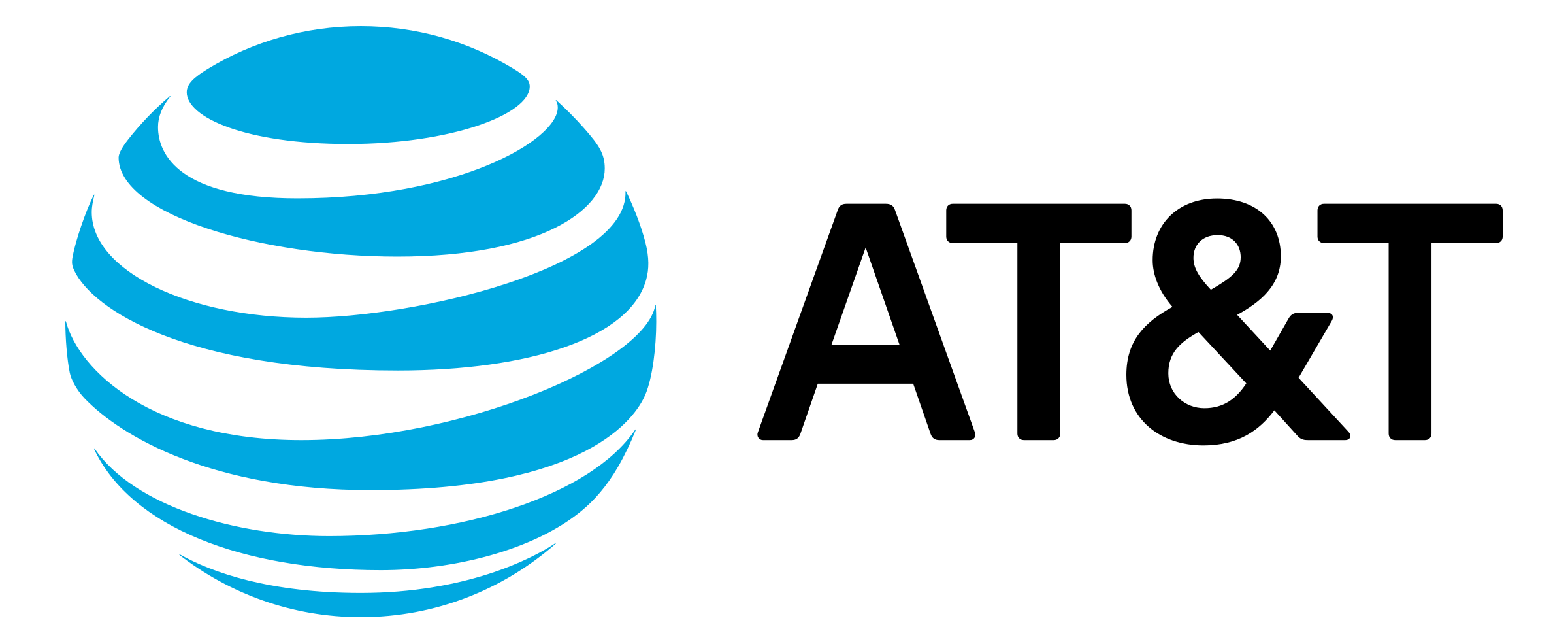How well is your senior team aligned on strategy, challenges, and solutions?
A documented leadership strategy and approach to prioritization and execution, crafted and aligned by senior leadership, helps to avoid conflicting role clarity and discrepancies in leadership approaches.
Learn MoreHow do you optimize your leadership team’s potential to achieve outpaced business results?
High-functioning teams employ a rigorous and proven process tailored to their current goals. Our program captures each executive's unique perspective to build collective trust, help them align on strategy and a sustained engagement to deliver results.
Learn MoreDoes your company provide a roadmap for new leaders to integrate effectively?
Successful transitions afford new leaders deliberate and structured opportunities to establish clear expectations, align with stakeholders, and make an early impact within the organization.
Learn MoreWatch our interview with Willem Genece, Crenshaw Coaching Practice Leader
Leadership Services for Executives and Teams:

Key Indicators
Returning Customers
Client Satisfaction
Years of Experience
40+ years helping companies thrive.


Private Equity: Tailored Leadership Solutions for Business Success
Our Private Equity services provide tailored leadership strategies aligned with specific business objectives, ensuring success from the outset. Recognizing the unique leadership qualities required for success in this dynamic industry, we offer meticulous assessments and development programs to enhance leadership performance and organizational culture. Our executive coaching programs help identify and unleash leadership potential, driving organizations forward by providing personalized recommendations and data-driven insights. Our team assessment and development initiatives identify and address collective barriers and strengths within executive teams, fostering trust, collaboration, and alignment to deliver results effectively, especially during times of change.



What Differentiates Crenshaw
 Our Team
Our Team
Our Advisors, Coaches, Experts, and our Assessment Center of Excellence offer a broad diversity of experiences as senior operating and functional executives.
 Data-Driven
Data-Driven
Our suite of behavioral and psychometric assessments, 360° structured interviews, and CultureMapping™ tool combine to optimize our individual and team coaching engagements and provide strategic insights to key stakeholders.
 Outcome-Driven
Outcome-Driven
Our engagements are goal-oriented and outcome-driven, backed by 40+ years of a proven methodology that is customized to the individual and the team.
 Stakeholder Alignment
Stakeholder Alignment
We are maniacal about aligning with the stakeholders who invest in their teams and executives. This commitment optimizes the engagements and provides valuable insights to a leadership curriculum.
Crenshaw Insights

Effective Decision-Making in a VUCA Environment
How leaders facing evolving VUCA environments can optimize their decision-making and leadership approach to adapt, anticipate changes, and navigate disruption.

Crenshaw Cameo- Team Effectiveness, Authentic Leadership, and Engaging Diverse Talent with Willem Genece
A conversation with Bill Glenn, Executive Chairman of Crenshaw, and Willem Genece, Crenshaw Coaching Practice Leader and Executive Advisor.
A conversation with Bill Glenn, Executive Chairman of Crenshaw, and...
































